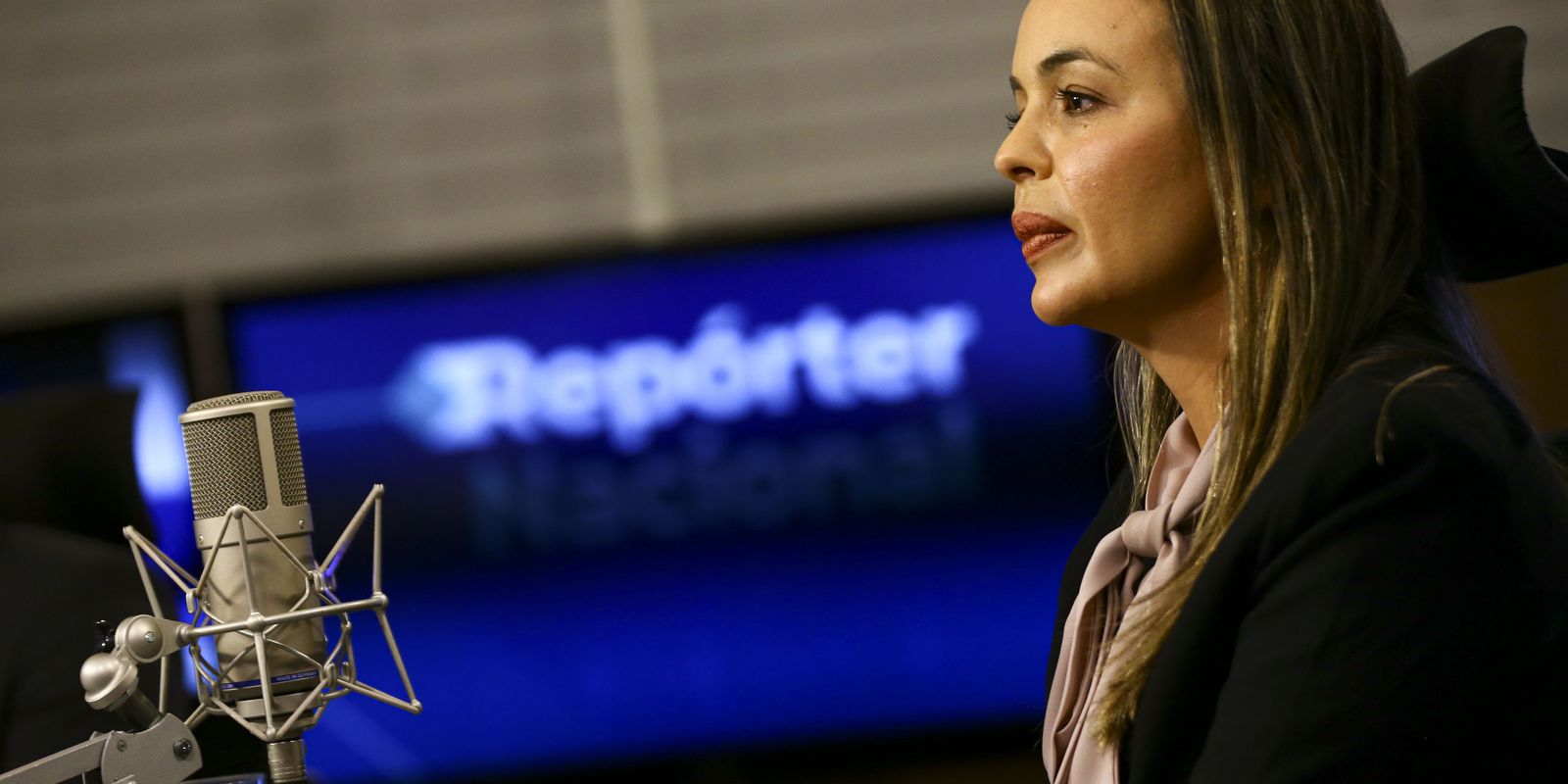One of the most controversial issues since Gustavo Petro’s campaign for the presidency has to do with the changes he proposes for the pension system in Colombia. Already as President, the Colombian president returned to ignite the debate this week by giving signs of what his initiative would be like to give $500,000 pesos a month to older adults who do not have a pension.
(Petro’s pension reform: these are the cards that he has already uncovered).
According to President Peterthe idea is that the allowances of these older adults that today are paid from the National Budget, be taken from private funds.
“The resources would come mainly from allocating the money that today is going in deficit to the elderly without a pension. Today there is a deficit in Colpensiones because there are not enough contributors due to high informality, so the government has to pay the rest from the general budget”explained to Portfolio Kevin Hartmann, co-founder of Together Colombiawho was also quoted by President Petro to explain how the model would work.
I am going to comment in depth on the proposal that you have been advocating @petrogustavo.
I warn that it is long (5 min of reading) because the simplification and caricature on this topic usually leads to false conclusions: for example that they are going to “expropriate” pension savings. ? https://t.co/Uz2eloR8vl
— Kevin Hartmann (@KevinHartmannC) March 17, 2022
Hartmann explained that “That remainder, once the reform is made, disappears and therefore there is fiscal space to be able to open that same deficit in the budget and thus pay the $500,000 that the Government proposes.”
Faced with the viability of the initiative, Hartmann points out that it depends on the fact that the pension reform is processed and passed in Congress, a project that would only be presented until next year.
(Pension reform: bonus for adults would go from $80,000 to $500,000).
On the other hand, for Jeisson Balaguera, Executive Director for Values AAAfor its possibility of execution to be evaluated, it is necessary for the president to present a technical argument that guarantees the financial viability of the initiative, since little is known about his proposal, beyond the changes in the current model.
“We will know your technical arguments in the pension reform, which, according to what has been said, would be presented in 2023”, Balaguera highlighted.
President Gustavo Petro.
private file
For its part, faced with the proposal, Anif considers that the way to implement President Petro’s universal pension proposal would be a serious mistake since it would end the current savings of the pension system, would increase the country’s pension debt and would be to the detriment of public finances in the long term.
However, he adds that a structural reform is needed that really solves the underlying problems of the pension system.
“Although it is clear that providing an allowance to the elderly in vulnerability is laudable and we support the idea, so much so that we have been proposing it for some time in Anif, the way to implement President Petro’s universal pension proposal and the way of financing it is not the correct one and it would be a serious mistake”, He says Mauricio Santa María, president of the Center for Economic Studies Anif.
(Petro’s pension reform proposal and the criticism it receives).
According to Anif, the destination of $18 billion pesos that are quoted annually in the Individual Savings Regime (RAIS) to finance said proposal, translates into the elimination of current current savings and the acquisition of a very high additional debt with the contributors of these resources. This increases the already existing pension debt of the country that would have to be financed in the future by Colombians through more taxes. According to ANIF calculations, this would generate an unprecedented fiscal impact for Colombia of more than $580 billion pesos in Net Present Value in 35 years.
In addition, these resources would be managed by the Media Premium Regime (RPM), strengthening a system that has structural flaws that increase poverty and inequality in the country. In the long term, the debt would be unsustainable and there is a risk of reaching a point of insolvency where pension payments cannot be made to people who have deposited their savings for years to ensure a decent old age.
If a structural reform is not carried out that really solves the underlying problems of the pension system, the high income inequality that already exists in Colombia will worsen, public finances will continue to weaken and the fiscal deficit and debt will increase.
(The pillar regime proposed by Petro for the pension system).
“We call for a serious review of the issue. We reiterate that the pension problem is not one that can be discussed superficially, since it is the savings of Colombians, poverty, equity and the fiscal sustainability of the country that are at stake”Santa Maria concludes.
BRIEFCASE








